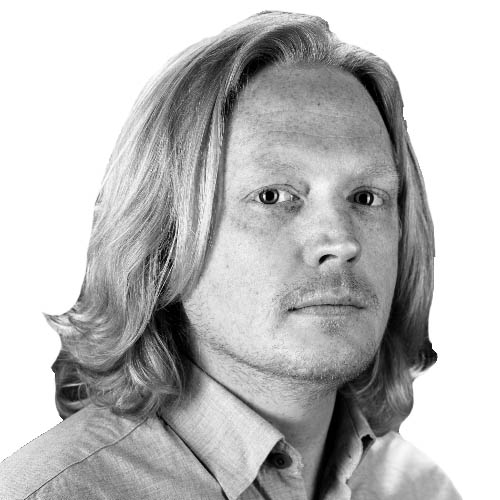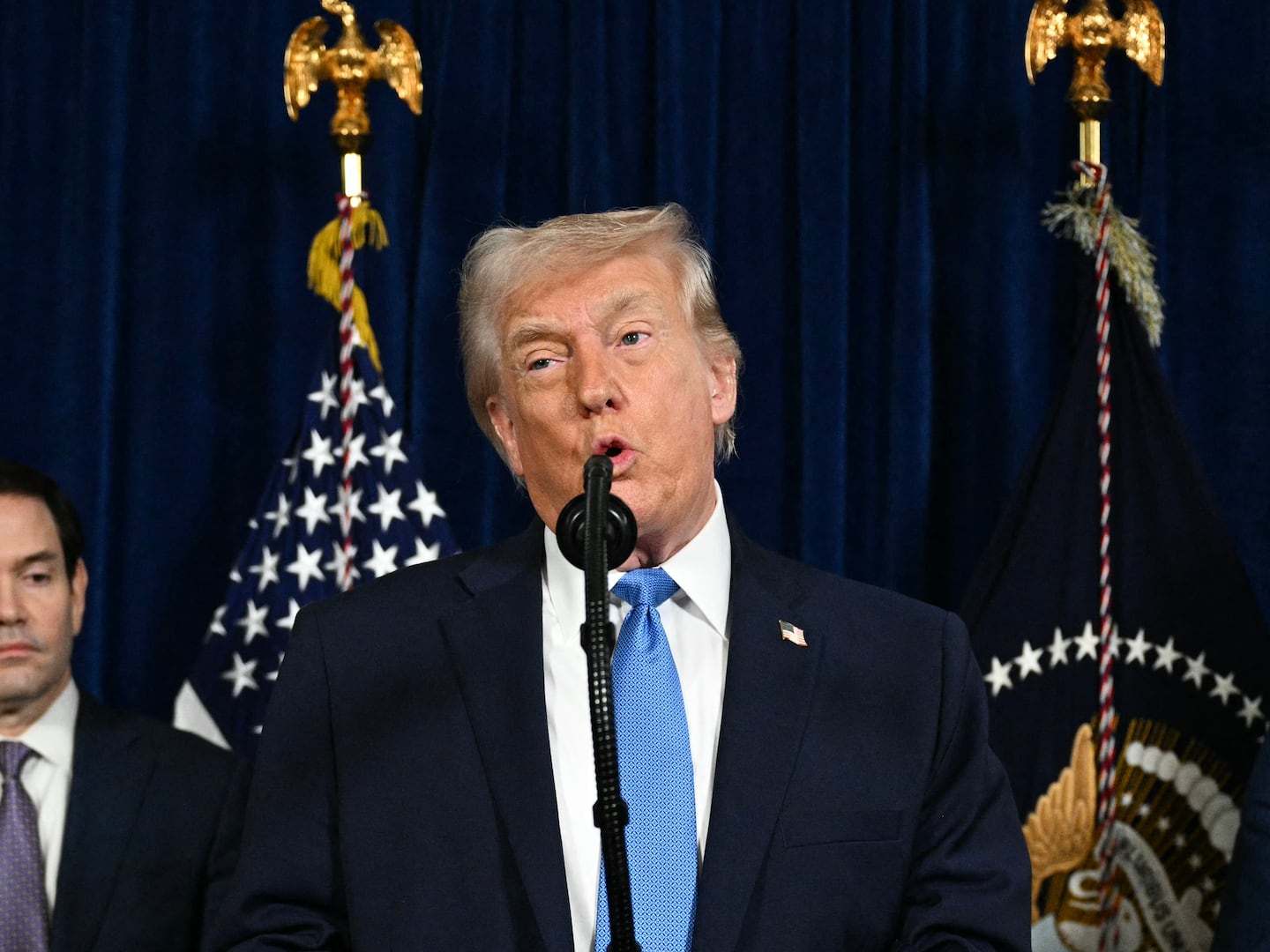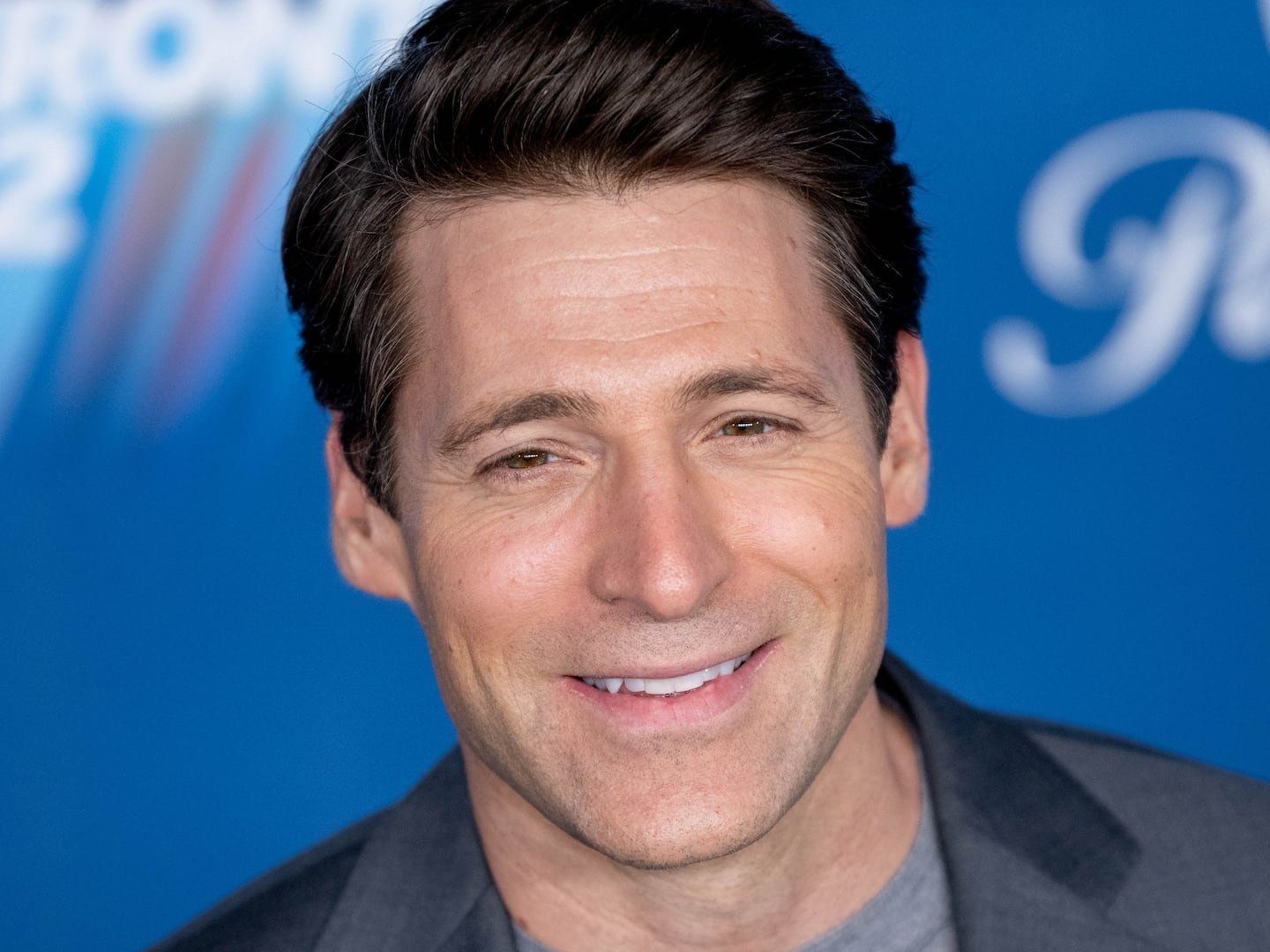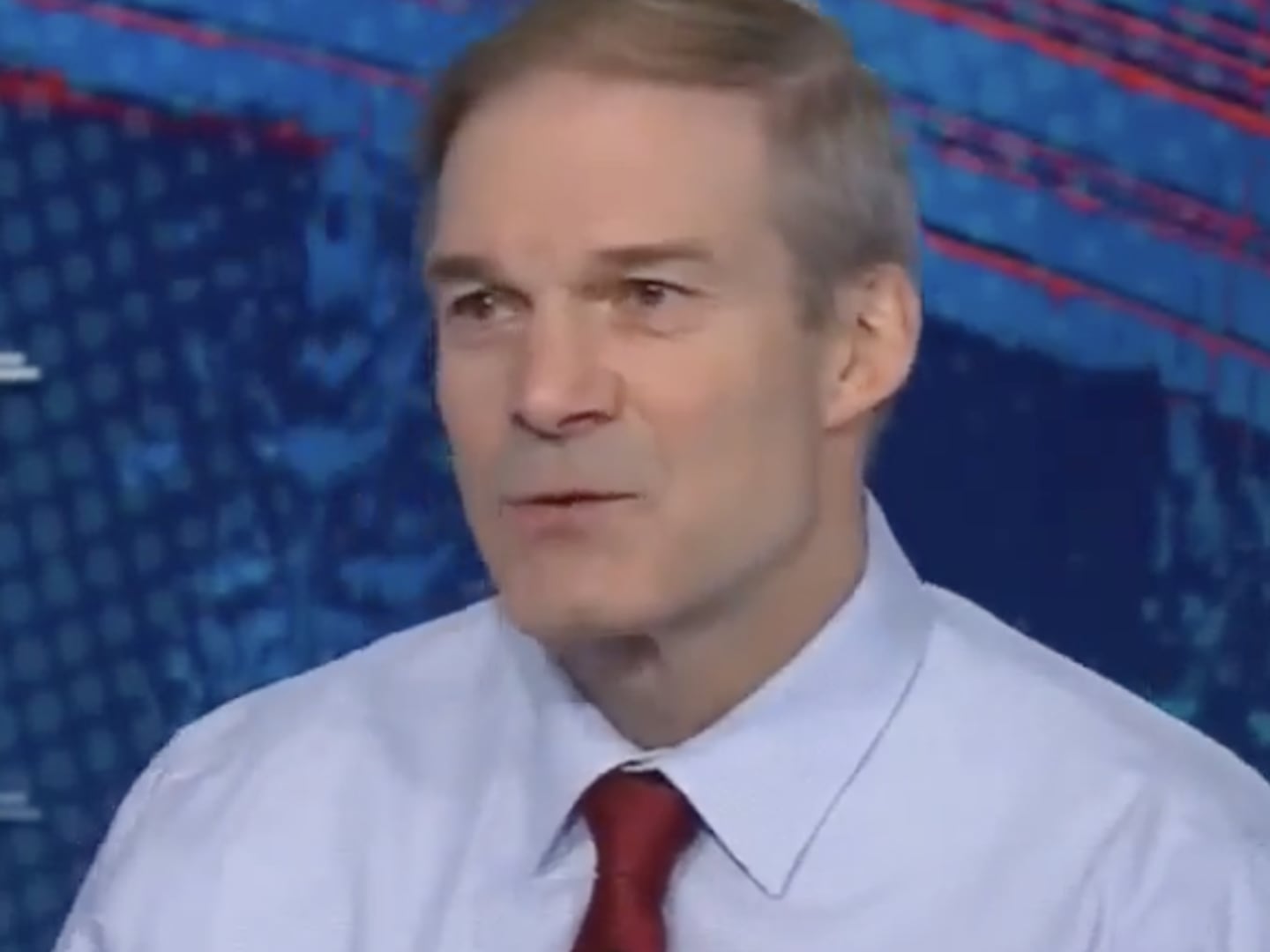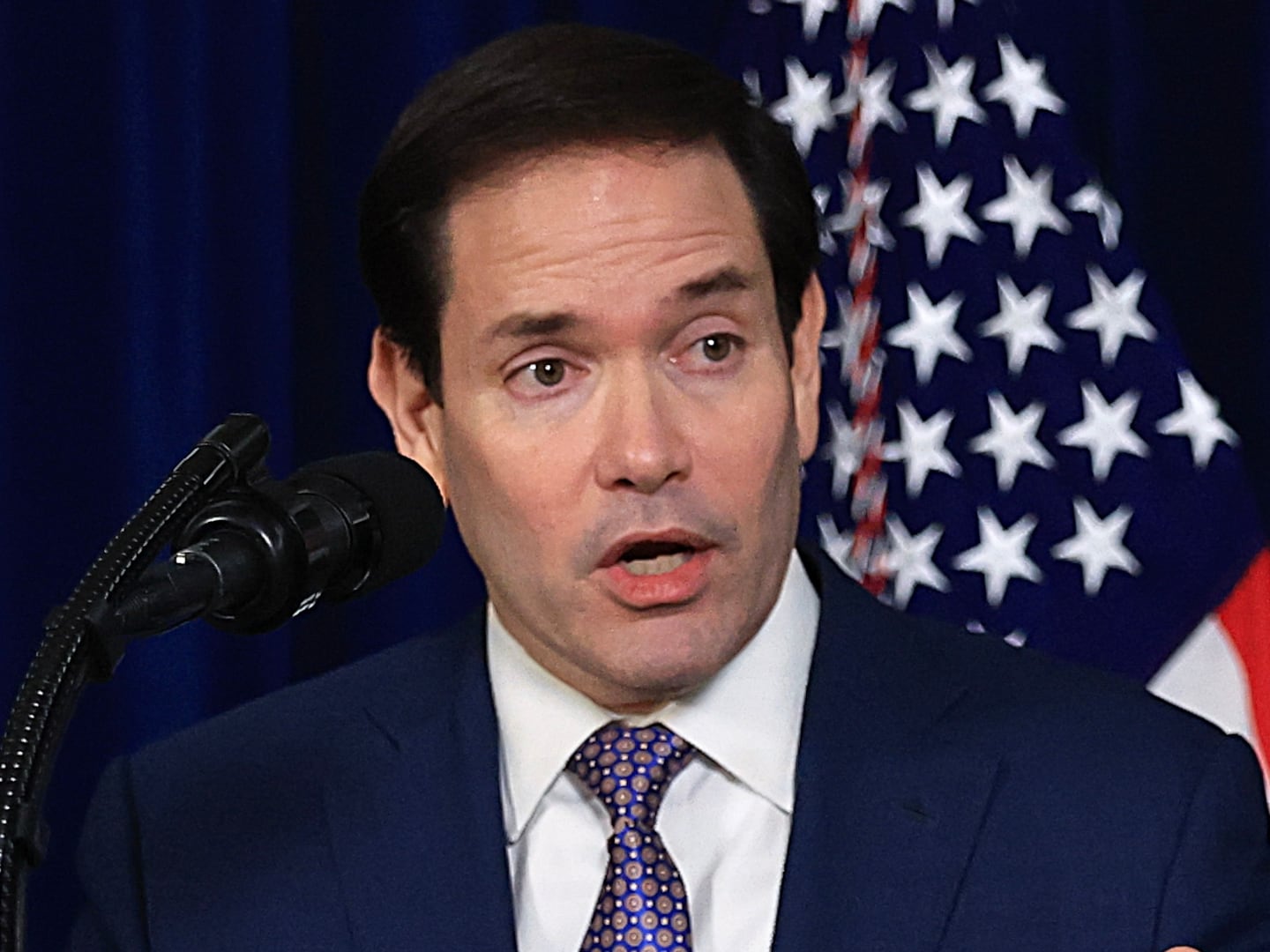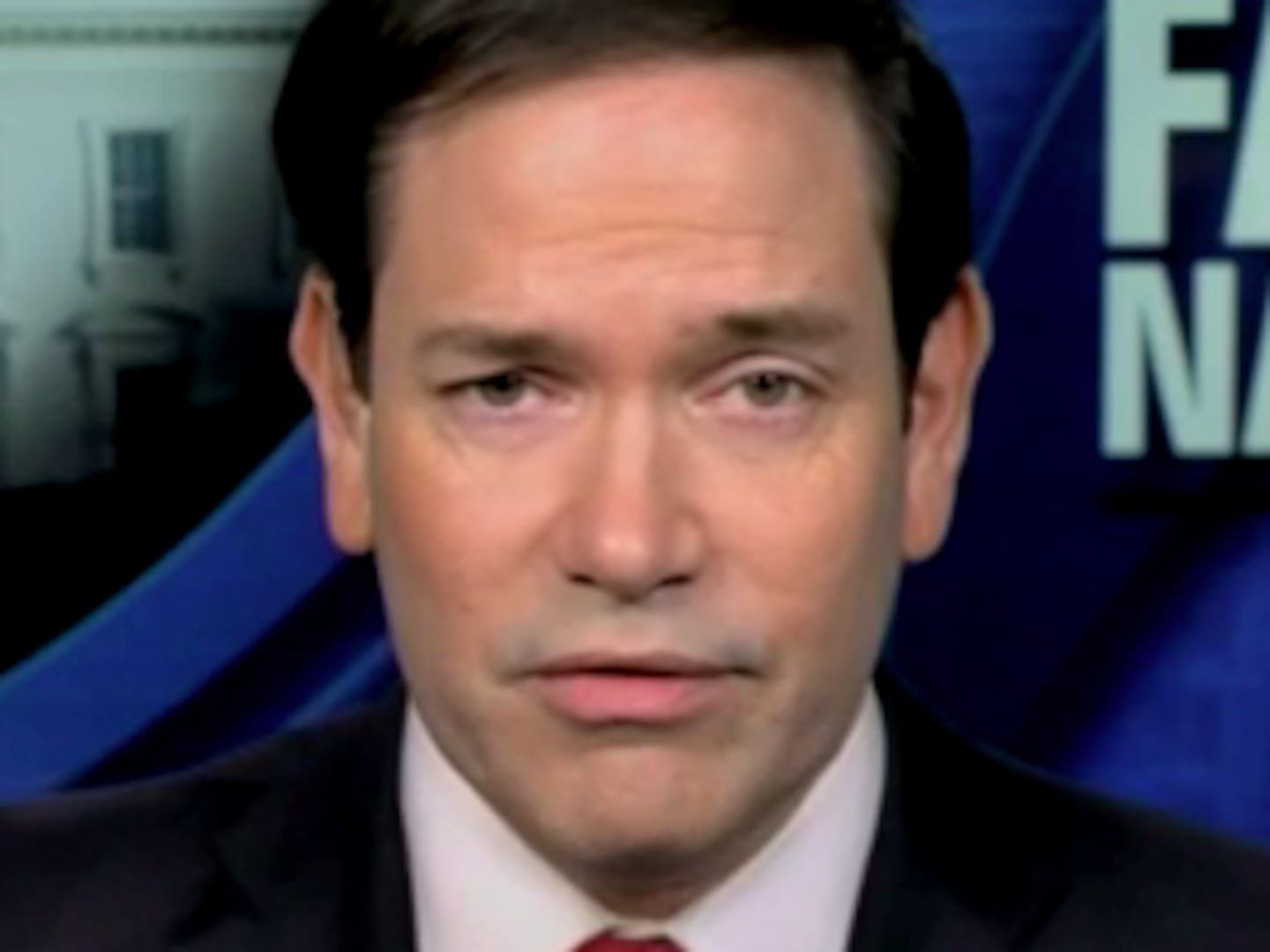There is one very important rule about coming to the first annual Iowa Agriculture Summit as a Republican with the Oval Office in mind. You must profess some connection—no matter how tenuous—to farming.
You’re better off if you’ve actually farmed. And you’ll hit it out of the park if you tell the folks you love the work, that your daddy did it, or that you grew up on a farm, even if that’s not quite accurate.
So began on Saturday the year-long courting of voters in a state that is wildly misrepresentative of the country’s population, and may not be terribly important when it comes to determining the next president.
For the better part of a warm, snow-melting day in Des Moines, GOP presidential hopefuls gathered under a large tent at the Iowa State Fairgrounds to spin yarns about their relationship to farming, and talk as much policy as they could muster in softball question and answer sessions with Bruce Rastetter - the major Republican donor, agriculture entrepreneur and host of the event.
Rick Perry remembered watching his “wheat go to hell in a handbasket in 1978 when Jimmy Carter decided to boycott the Olympics,” for whatever that’s worth. Chris Christie mentioned that New Jersey is the Garden State, “So it’s not like I come out here not knowing any of this.” And Mike Huckabee, noting only that he's from a rural state, went whole hog, addressing something many Americans are apparently worried about despite being more than 1,100 miles from the Mexican border: Illegals eating their food.
“The question is, what do we do to stem the tide of all the people rushing over because they heard there’s a bowl of food across the border?” the former Arkansas governor said. “Here’s the question I’d like to ask when they get to a [newly] secure border: ‘Are you coming here because you love America?’”
The atmosphere in the room—which likely sees more actual cattle calls than political ones—was relatively subdued throughout the day. Sitting on rows of plastic folding chairs, the audience listened attentively as speakers rapped, and sometimes rambled, about everything from ethanol subsidies to trade agreements, immigration policy and executive orders, renewable energy sources and the Keystone XL pipeline. One subject noticeably absent: the economy.
In broaching the issue, Rastetter asked about the “rural/urban economic divide,” ostensibly referring to income inequality.
Jeb Bush, the most watched politician of the morning and someone with little in the way of farming background, said education is the best way to address what is shaping up to be a key 2016 issue for both parties.
For his part, Christie dismissed recent good economic news by chiding President Obama for taking “a victory lap for two percent GDP growth.”
Others had vague answers to Rastetter's query, often focusing on education and workforce training—not provided by the federal government, of course—but their responses might have been unsatisfying for those looking for policy over philosophy. No matter. Like other political events in Iowa, Saturday’s summit seemed more about showing up.
Other than the attendees and members of the media—competing for even strength in numbers—the fairgrounds were empty; spring has not quite sprung. But a van parked near the entrance provided a glimpse of the social conservatism that often consumes the Iowa caucuses, approaching less than a year from now.
“Sodomy ruins nations,” a sign on the vehicle read.
So too do presidents without muscular negotiating skills, Christie and his contemporaries reminded the audience throughout the day in reference to President Obama.
Trade agreements, like wartime treaties, would be best handled by one of the Republicans who took a seat in the tan leather armchair on the stage Saturday. Tough men, salt of the earth men.
The farmers gathered inside the tent agreed with this statement, hoping for their guy—whomever that is—to get the gig in 2016. And while there was plenty of talk about dirty, scuffed boots and calloused hands, these weren’t exactly Steinbeck’s dustbowl wanderers. There were cowboy boots, to be sure, and jeans.
But that pairing came with crisp collared shirts and blazers. Men stepping not out of rusting jalopies, but sparkling pickups and SUVs, looked like Mitt Romney up top, Rick Perry at ground level. The attire was a reminder that the folks at Rastetter’s event, as misrepresentative of the country’s population as they sometimes are in areas of race, religion and occupation, hold a very important distinction for the Republicans they’re backing. They have money.
Which is why it’s so important for Christie, Bush, Huckabee, Wisconsin Governor Scott Walker and others to brag about those farming bona fides. Even if they’re not quite rooted in hard work and black soil.
Walker, before reversing course on his ethanol stance, repeatedly referenced his childhood in Plainfield, Iowa. That’s right, the union-busting conservative hero had something on the other candidates: time in Iowa spent living, not campaigning.
The farmers down the road babysat a young Walker. It was on the floors of that farmhouse that a down home political philosophy was apparently born for Walker. In Iowa, the governor and others have learned, farming is king. And the farmers are the kingmakers.
